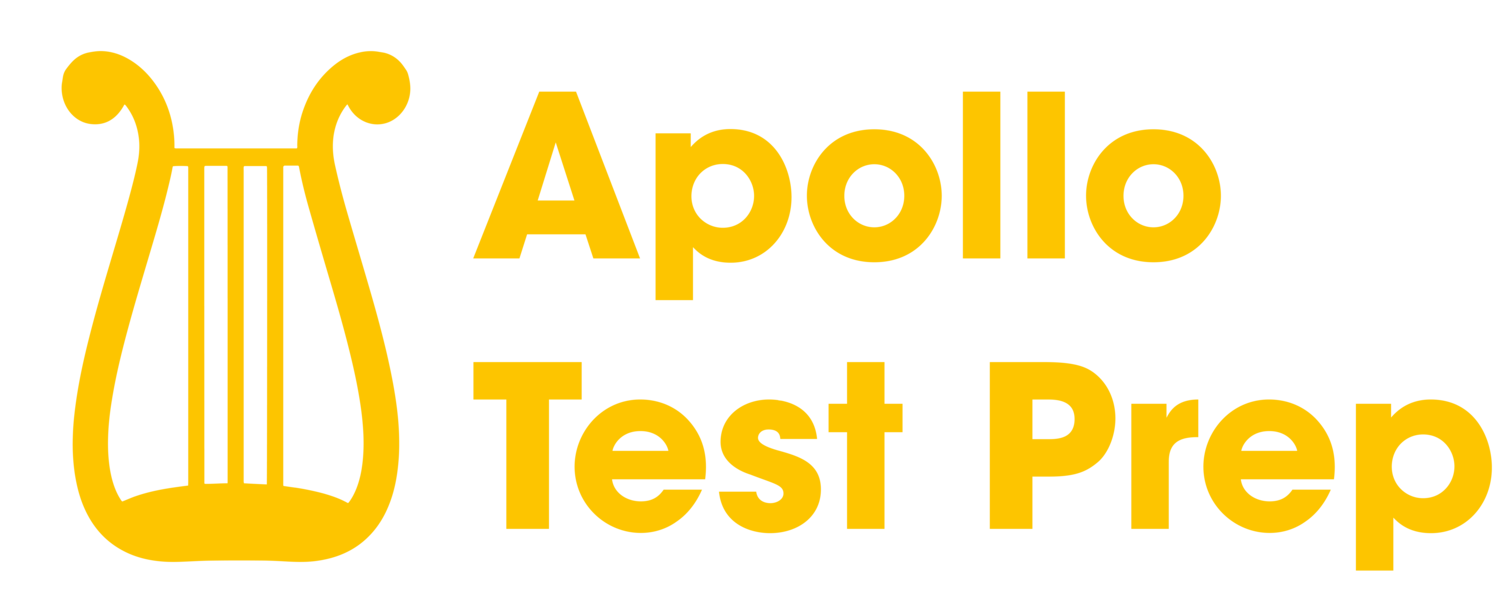LSAT Explanation PT 33, S1, Q19: Historian: The spread of literacy informs
LSAT Question Stem
Which one of the following is an assumption on which the historian's argument depends?
Logical Reasoning Question Type
This is a Necessary Assumption question.
Correct Answer
The correct answer to this question is D.
LSAT Question Complete Explanation
In this passage, the historian presents an argument about the relationship between literacy, general education, and the vulnerability of benign regimes to demagogues. The argument can be broken down into the following structure:
Premise 1: The spread of literacy informs more people of injustices and, in the right circumstances, leads to increased capacity to distinguish true reformers from mere opportunists.
Premise 2: Widespread literacy invariably emerges before any comprehensive system of general education.
Intermediate Conclusion: In the interim (between literacy and general education), the populace is vulnerable to clever demagogues calling for change.
Main Conclusion: Consequently, some relatively benign regimes may ironically be toppled by their own "enlightened" move to increase literacy.
The question type is Necessary Assumption, which asks us to identify an assumption on which the historian's argument depends. Before we discuss the answer choices, let's think of an "Evaluate" question for this argument: "Does the lack of general education affect the ability to differentiate between legitimate and illegitimate calls for reform?"
Now, let's analyze the answer choices:
a) A demagogue can never enlist the public support necessary to topple an existing regime unless a comprehensive system of general education is in place.
This answer choice is not a necessary assumption, as it contradicts the argument's premise that the populace is vulnerable to demagogues in the interim between literacy and general education. The argument does not depend on this assumption, so this choice is incorrect.
b) Without literacy there can be no general awareness of the injustice in a society.
This answer choice is not a necessary assumption either. The argument states that the spread of literacy informs more people of injustices, but it does not claim that literacy is the only way to achieve general awareness of injustice. The argument could still hold even if there are other ways to achieve awareness. Therefore, this choice is incorrect.
c) Any comprehensive system of general education will tend to preserve the authority of benign regimes.
This answer choice is not necessary for the argument to hold. The argument focuses on the interim period between literacy and general education, not on what happens after a comprehensive system of general education is established. The conclusion does not rely on any assumption about the effects of general education on benign regimes. Thus, this choice is incorrect.
d) A lack of general education affects the ability to differentiate between legitimate and illegitimate calls for reform.
This answer choice is the correct one. It aligns with our "Evaluate" question and is a necessary assumption for the argument. If a lack of general education does not affect the ability to differentiate between legitimate and illegitimate calls for reform, then the argument's intermediate conclusion that the populace is vulnerable to demagogues in the interim would not be supported. The argument depends on this assumption.
e) Any benign regime that fails to provide comprehensive general education will be toppled by a clever demagogue.
This answer choice is not necessary for the argument to hold. The argument only claims that some benign regimes may be toppled, not that any benign regime that fails to provide comprehensive general education will definitely be toppled. This choice is too strong and not a necessary assumption for the argument, so it is incorrect.
In conclusion, the correct answer is D, as it is a necessary assumption for the historian's argument to hold.
